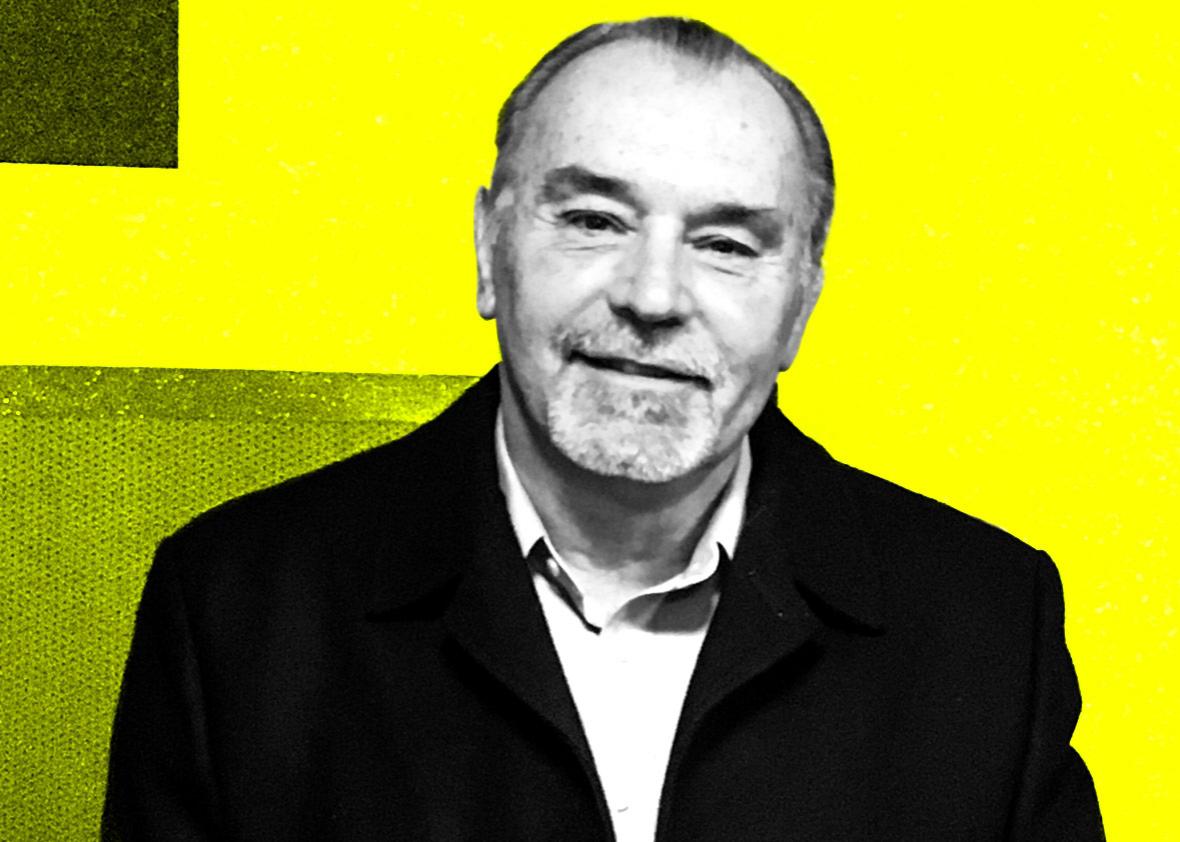Subscribe in iTunes ∙ RSS feed ∙ Download ∙ Play in a New Tab
Slate Plus members: Get your ad-free podcast feed.
This season on Working, we’re speaking to individuals employed in fields potentially imperiled by the Trump presidency. These are the stories of people doing difficult but important jobs—jobs that may get much more difficult and much more important in the years ahead.
For our final episode of the current season, we spoke with David Mott, a Service Employees International Union labor organizer. “A good organizer doesn’t go in advocating for anything,” Mott tells us. Instead, it’s about helping people build systems that allow them to advocate for themselves. As he puts it, “Quite frankly, I don’t know what workers want. … Part of the process is listening to what people are telling you about what’s important in their lives.”
There are, in Mott’s telling, numerous reasons why people might set out to establish a union in the first place, from advocating for better health care to fighting for on-the-job conditions. Ultimately, though, he argues that it’s a matter of respect: Once workers have organized, they are, he says, better equipped to speak on their own behalves. “That leads to everything else,” he says, but it takes time and effort to get there. In this episode, he discusses some of the strategies he’s learned to employ along the way.
Among other things, he goes into the details of his daily routine: As an organizer, your job is to be out with the people, and it you’re in your office all day, you’re probably doing it wrong. That means Mott spends a lot of time communicating with people directly, often visiting them in their homes, since he typically can’t go into the workplace itself. “Person-to-person contact” is critical, Mott claims. But sometimes a certain degree of caution is also called for, at least where management is concerned.
“In this country, it’s very easy for employers to simply call people together, wherever they work, and put an end to the campaign,” he says, explaining that you’re always in a race against time once you begin striving to bring a workplace together. And in many cases, the first conversations he has with people are about the opposition they’re likely to face.
As he moves ahead, Mott tells us, he’s looking to cultivate leaders within a workplace, individuals who will be able to sustain and support the union once he moves on. That’s important even in the early stages when he’s first bringing people together. Delivering a speech to a crowd can be “exhilarating,” but when people come together to make decisions, “if it’s just you as the organizer in front of that room, that’s not a good dynamic.” The union’s own members need to be prepared to speak up for themselves from the start, so he works to help them figure out how to stick together, not just to psyche them up.
“Organizing is detail work. It’s really knowing who’s there, figuring out relationships. Who works with who,” Mott tells us. To get a sense of that, he almost literally maps out relationships between the various individuals in a workplace, striving to determine which employees have influence over their co-workers, but also to ensure that people from all sections of a workplace are represented in the organizing efforts. Ultimately, all that work is about building the foundations for an organization that will thrive independently.
Unsurprisingly, the current political climate has Mott on guard. “There is really great concern that Trump and the people around him are completely clueless—I think malevolently so—about the rights of workers,” he says. Especially in such troubled times, though, Mott thinks there’s a place for the work he’s long done. “The union is a slice of life in America,” he tells us.
Then, in a Slate Plus extra, Mott discusses the role that music plays in his organizing efforts. If you’re a member, enjoy bonus segments and interview transcripts from Working, plus other great podcast exclusives. You’ll also help Slate hold Donald Trump accountable in our podcasts and on the site as a whole. Start your two-week free trial at Slate.com/workingplus.
Email: working@slate.com
Twitter: @Jacob_Brogan
